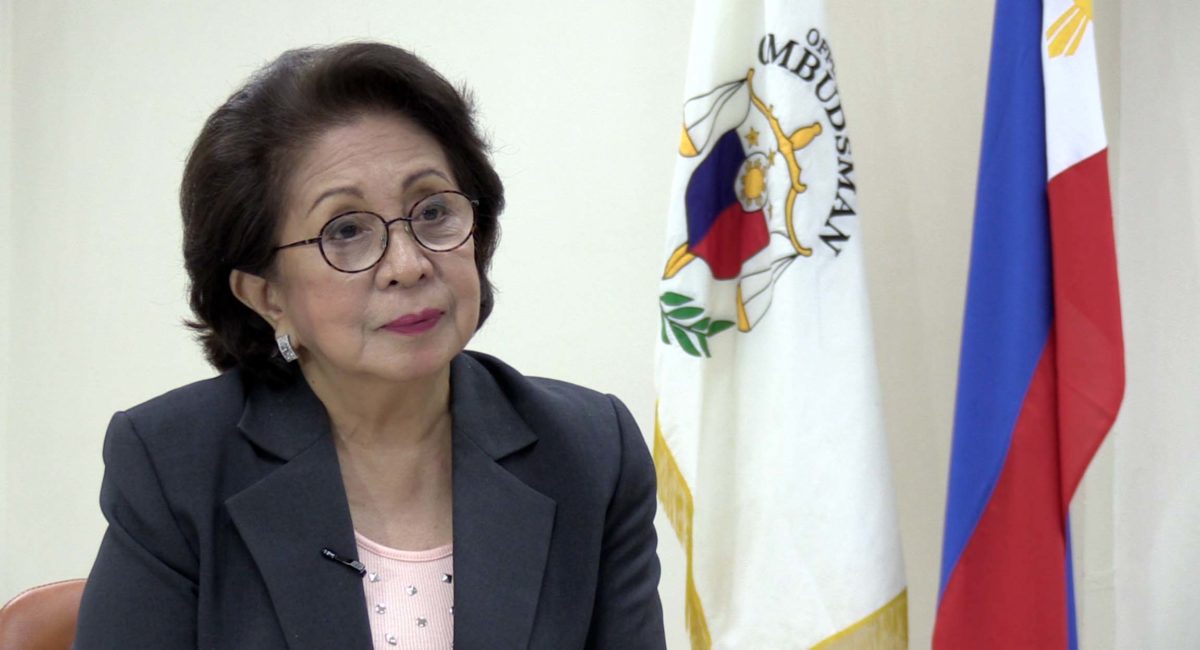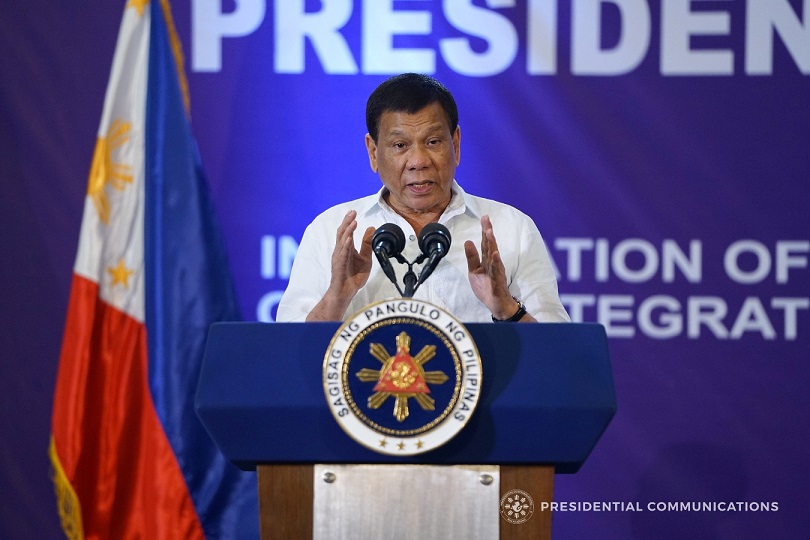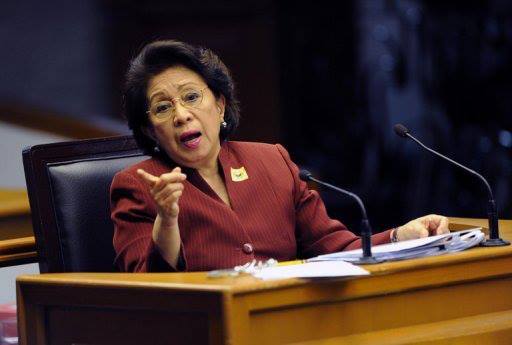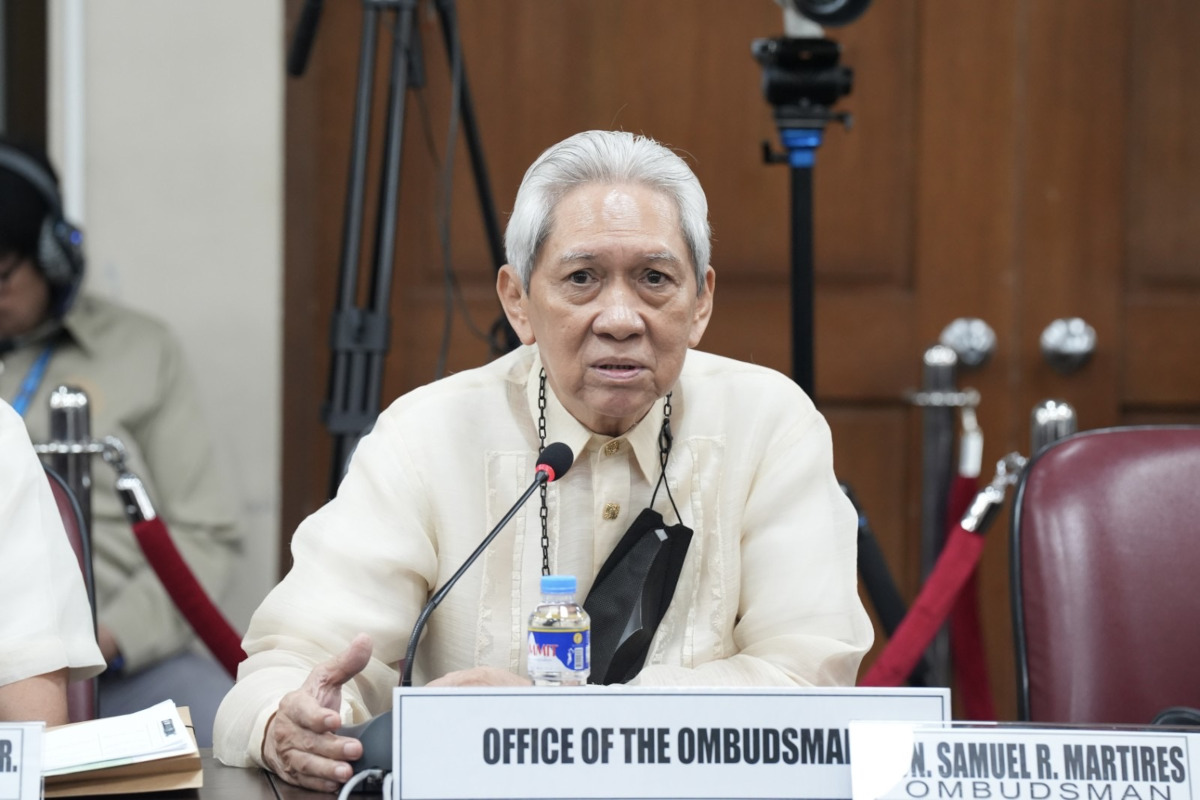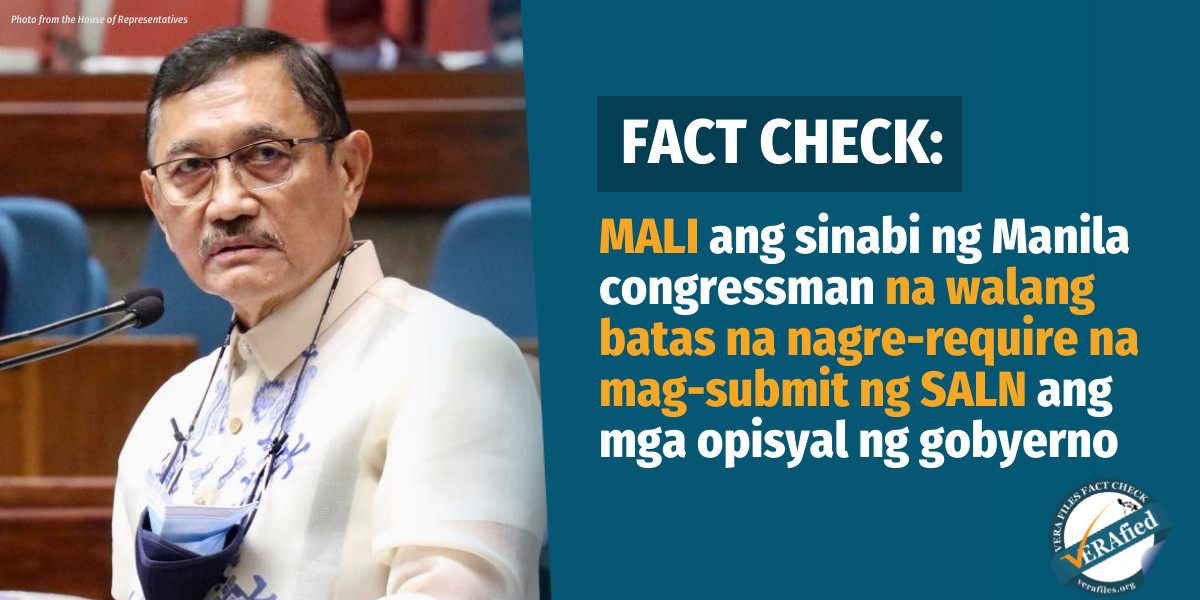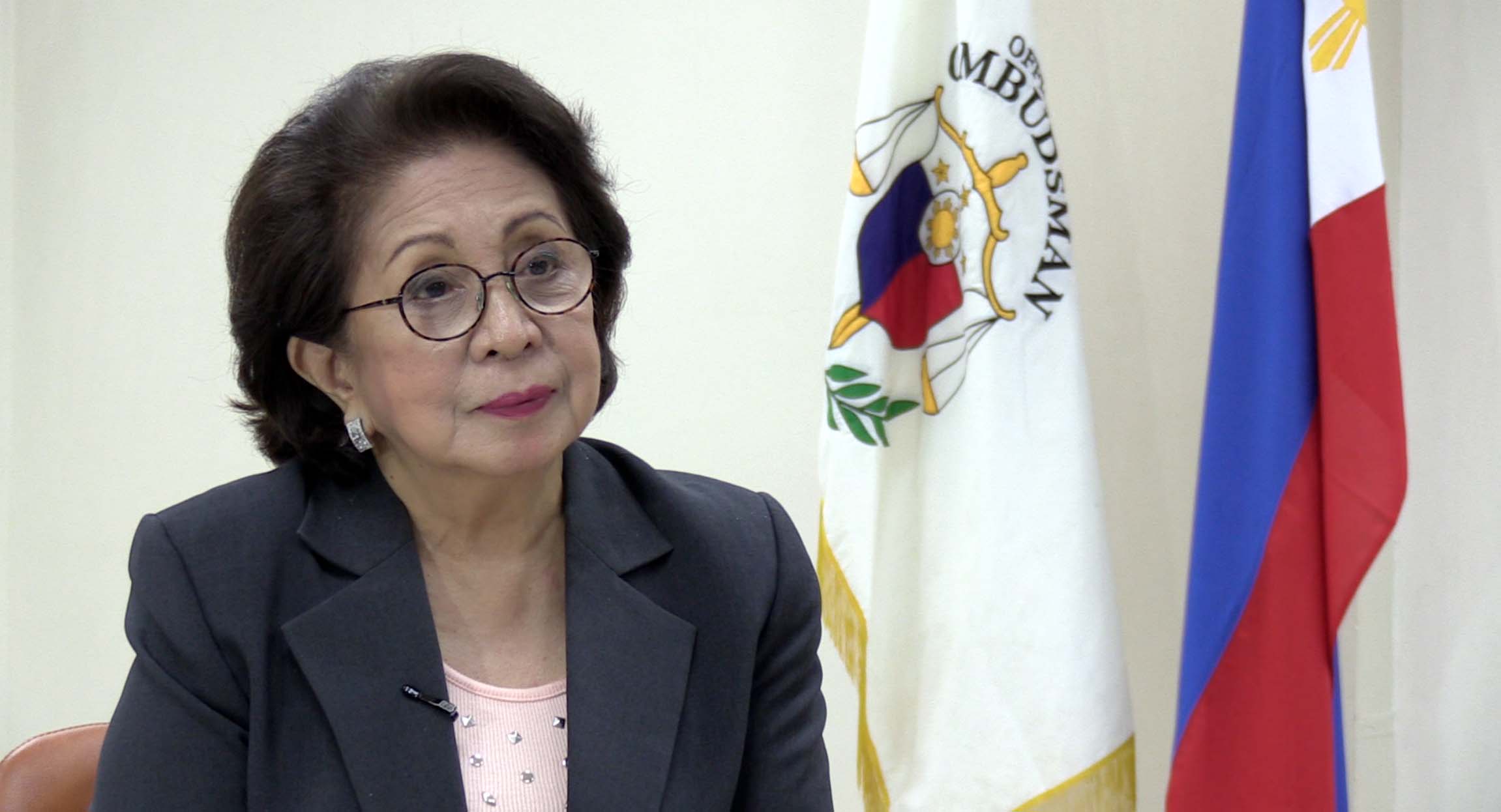
In the seven years that Conchita Carpio-Morales was Ombudsman – investigating and prosecuting corruption cases against government officials – the ones that gave her the biggest headaches were those involving former president Gloria Arroyo, who was elected speaker of the House of Representatives last Monday.
In an interview by VERA Files days before she retired on July 26, Carpio-Morales described the cases involving Arroyo as “very, very complicated.”
Among those cases are the misuse of the intelligence funds of the Philippine Charity Sweepstakes Office amounting to more than P300 million; the questionable transfer of P530,382,445 from the OWWA Medicare Fund to the Philippine Health Insurance Corporation; the P728 million Fertilizer Fund that was allegedly used in the 2004 elections; and the P16.4 billion ($329 million) NBN/ZTE deal.
Arroyo was cleared of involvement in the alleged illegal activities which the Office of the Ombudsman investigated, except for the PCSO case, which has remained under preliminary investigation since 2016.
Morales said the cases usually branch out into other issues, citing the case of the P728 million fertilizer scam.
“Itong mga (These) fertilizer cases. Mahirap (Difficult) in the sense that you would gather evidence, you go to the province because we’re nationwide. So, because there were a lot of these cases and perhaps because of the length of time also, either patay na iyong (already dead) witness or they say it was this, and documents were destroyed by fire or already destroyed by the floods and all that. So, you try to think of ways by which you can still come up with the evidence to prove your case,” she said.
In May 2014, the Office of the Ombudsman issued a resolution saying “there is no factual, or legal basis” to show Arroyo’s participation in the scheme to divert money for farmers to the 2004 election campaign funds.
Carpio-Morales said Arroyo’s new position will not affect a pending case. “If she’s Speaker and has a pending case which involves criminal and administrative adjudication, I think the case can go on,” she said in a media interview after the leadership revamp in Congress.
The other cases that Carpio-Morales also found challenging were those filed against former vice-president Jejomar Binay.
The Ombudsman is pursuing plunder cases against Binay and his son, former Makati City Mayor Jejomar Erwin “Junjun” Binay Jr. over the alleged anomalous construction of the Makati City Hall parking building worth P2.28-billion.
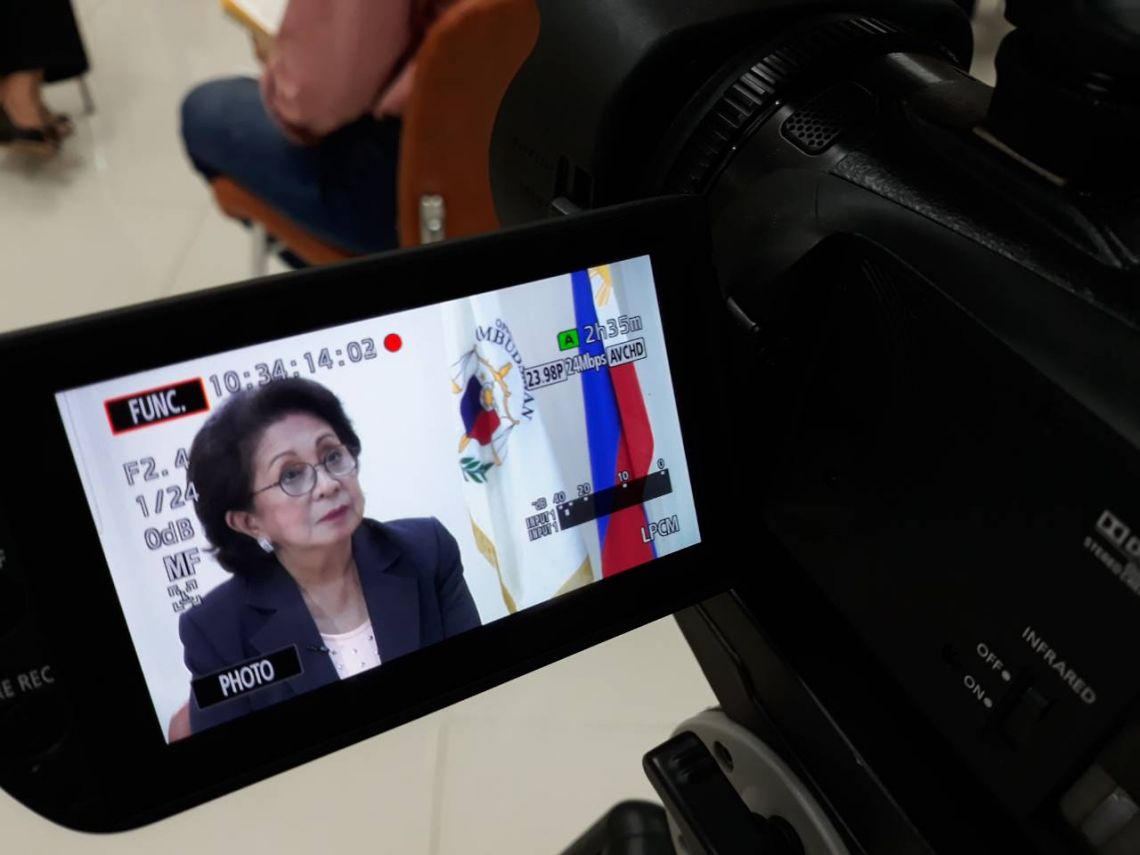
‘A much better Ombudsman’
Carpio-Morales said she is turning over to her successor an Ombudsman that is in a “much better state than when I arrived,” while expressing confidence that the Office will continue to carry its mandate effectively with the reforms she has instituted.
“If they don’t like the reforms (they) can be modified but not totally ignored. Then I would be confident that this office will go on smoothly.
Carpio-Morales succeeded Merceditas Gutierrez who resigned in May 2011, days before her Senate impeachment trial was to begin. On Thursday, President Duterte appointed Supreme Court Associate Justice Samuel Martires as the new Ombudsman.
Carpio-Morales enumerated four qualities that an Ombudsman must possess: competence, honesty, integrity and transparency.
“That’s easy to memorize because the acronym is CHIT, my name,” she said in jest.
In the many speeches she gave before retirement, she underscored the enormity of graft and corruption in the government with the cases they have filed: 2,685 criminal charges with the special anti-graft court alone for 2011-2015 against high-ranking officials and their cohorts, excluding those filed with the regular courts against low-ranking public officers.
In 2016, her office filed 1,298 criminal charges with the Sandiganbayan in just a single year. The Office reached the highest number ever for criminal cases in 2017 when 2,447 formal charges were filed with the graft court, she said.
Carpio-Morales took pride in the improved conviction rate of the Ombudsman’s prosecution inthe Sandiganbayan: from 41 percent in 2011, it reached an all time high of 77 percent last year.
She wants to disabuse the public’s misperception that the Ombudsman has not convicted any “big fish.”
It’s not the job of the Ombudsman to convict, she emphasized. “It is the Justices who pass upon the evidence of both the prosecution and the defense…We try our best, we prosecute cases in earnest but if the Sandiganbayan justices think the evidence is weak, it’s out of our hands.”
No to politics
Does she worry that charges would be filed against her now that she is out of government?
“That’s a possibility but I’m ready,” the no-nonsense former Supreme Court justice said.
She is not intimidated by harassments. Last year, after the President threatened to file impeachment charges against her for starting the investigation on his undeclared wealth, Duterte supporters who style themselves as an anti-corruption group filed impeachment charges against her but failed to get any member of the House of Representatives to endorse it, as required by law.
There are calls for her to enter politics at this time when the public needs a credible rallying figure against the crude-talking, women-bashing, human rights-averse president.
She said she is not cut for politics. At 77, she said what she needs now is a long rest. Her raspy voice is a giveaway of the speaking invitations she could not decline and the volume of work that had to be finished before her last day in the office.
But she said she will not tire of encouraging people to stand up for what is right: “If you are being persecuted and you believe there is no ground for this, you have to assert your right, you have to fight back, because if you are docile, they might think the charges are true. So you have to say ‘No, I’m sorry’.”
